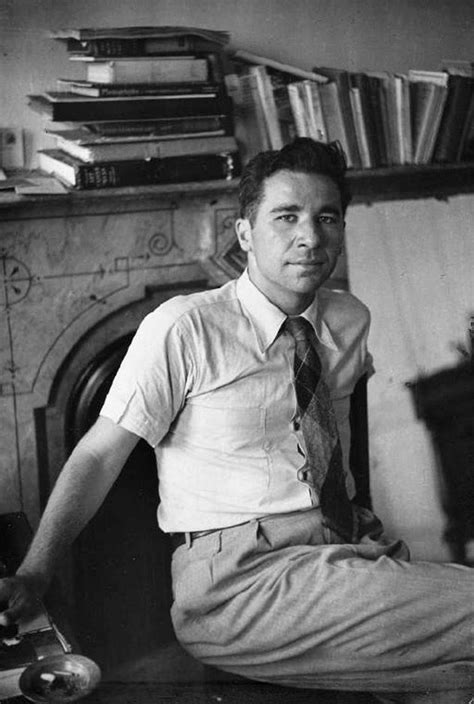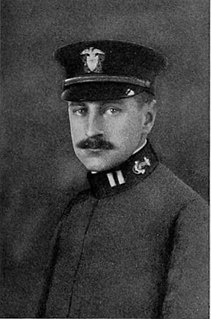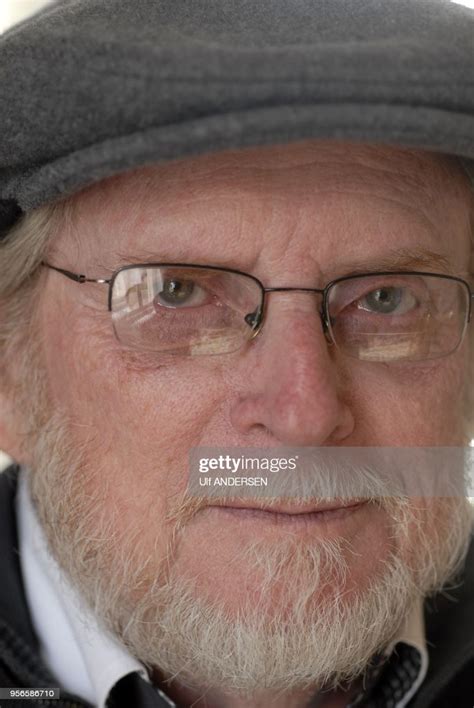A Quote by William Faulkner
A writer must teach himself that the basest of all things is to be afraid.
Related Quotes
He [the writer] must, teach himself that the basest of all things is to be afraid; and, teaching himself that, forget it forever, leaving no room in his workshop for anything but the old verities and truths of the heart, the old universal truths lacking which any story is ephemeral and doomed - love and honor and pity and compassion and sacrifice. See Poets & Writers
It is only the basest writer who cannot speak of the sea without talking of "raging waves," "remorseless floods," "ravenous billows," etc.; and it is one of the signs of the highest power in a writer to check all such habits of thought, and to keep his eyes fixed firmly on the pure fact , out of which if any feeling comes to him or his reader, he knows it must be a true one.
I don't teach writing. I teach patience. Toughness. Stubbornness. The willingness to fail. I teach the life. The odd thing is most of the things that stop an inexperienced writer are so far from the truth as to be nearly beside the point. When you feel glosbal doubt about your talent, that is your talent. People who have no talent don't have any doubt.
I've been making a list of the things they don't teach you at school. They don't teach you how to love somebody. They don't teach you how to be famous. They don't teach you how to be rich or how to be poor. They don't teach you how to walk away from someone you don't love any longer. They don't teach you how to know what's going on in someone else's mind. They don't teach you what to say to someone who's dying. They don't teach you anything worth knowing.
We're just afraid, period. Our fear is free-floating. We're afraid this isn't the right relationship or we're afraid it is. We're afraid they won't like us or we're afraid they will. We're afraid of failure or we're afraid of success. We're afraid of dying young or we're afraid of growing old. We're more afraid of life than we are of death.
I've read some of Kurt Vonnegut letters from when he was young. He was a prisoner of war, and even when he was in his early twenties, there were things mentioned that showed up in his novels. One of the sweetest things in those letters was him wanting to be a writer but doubting himself, not having confidence in himself.





































